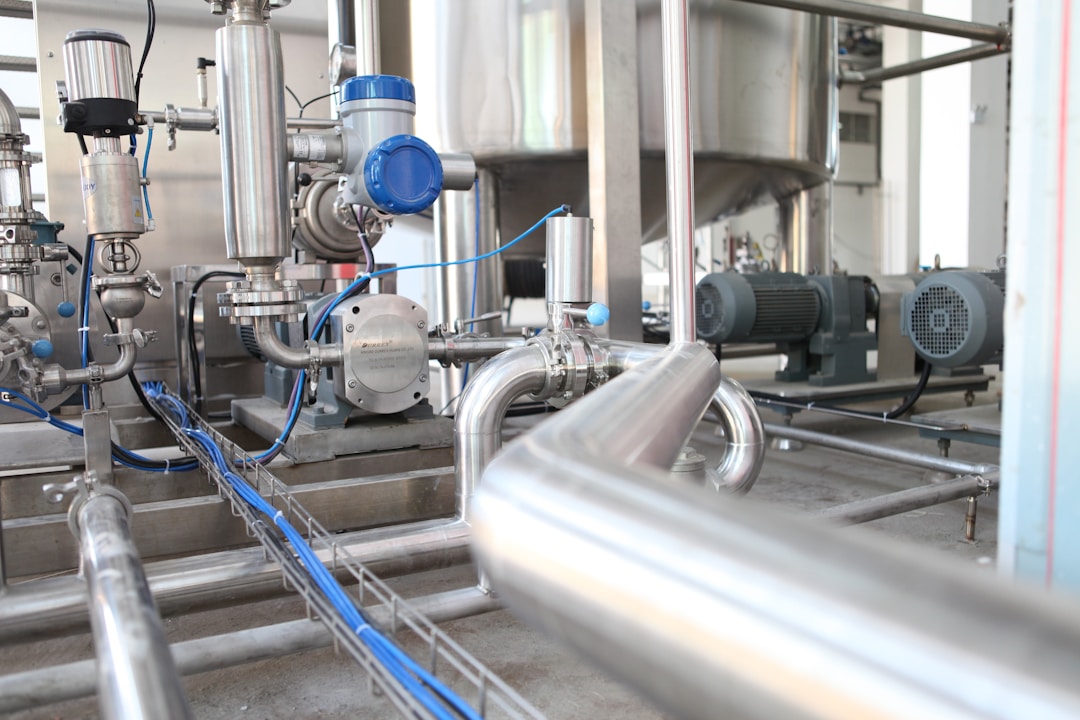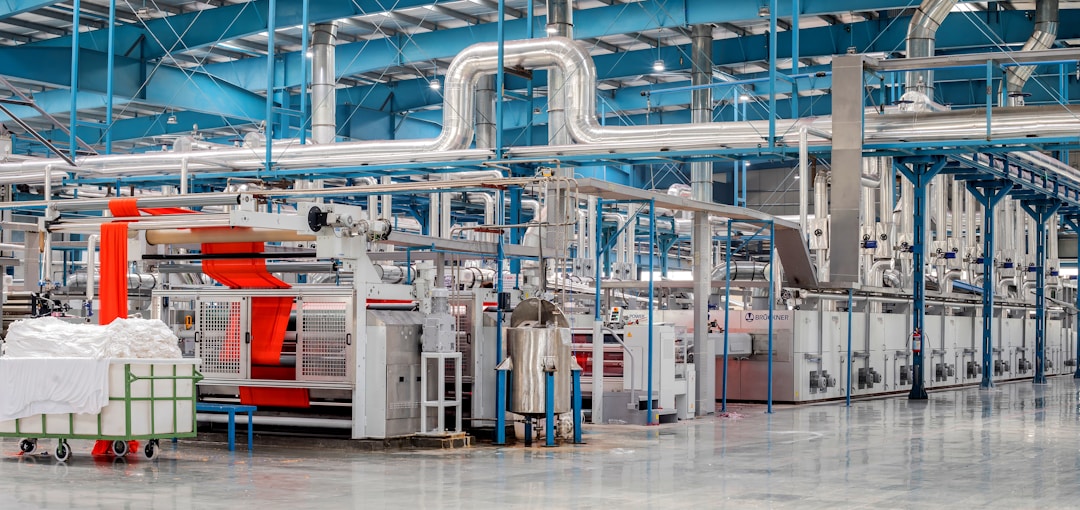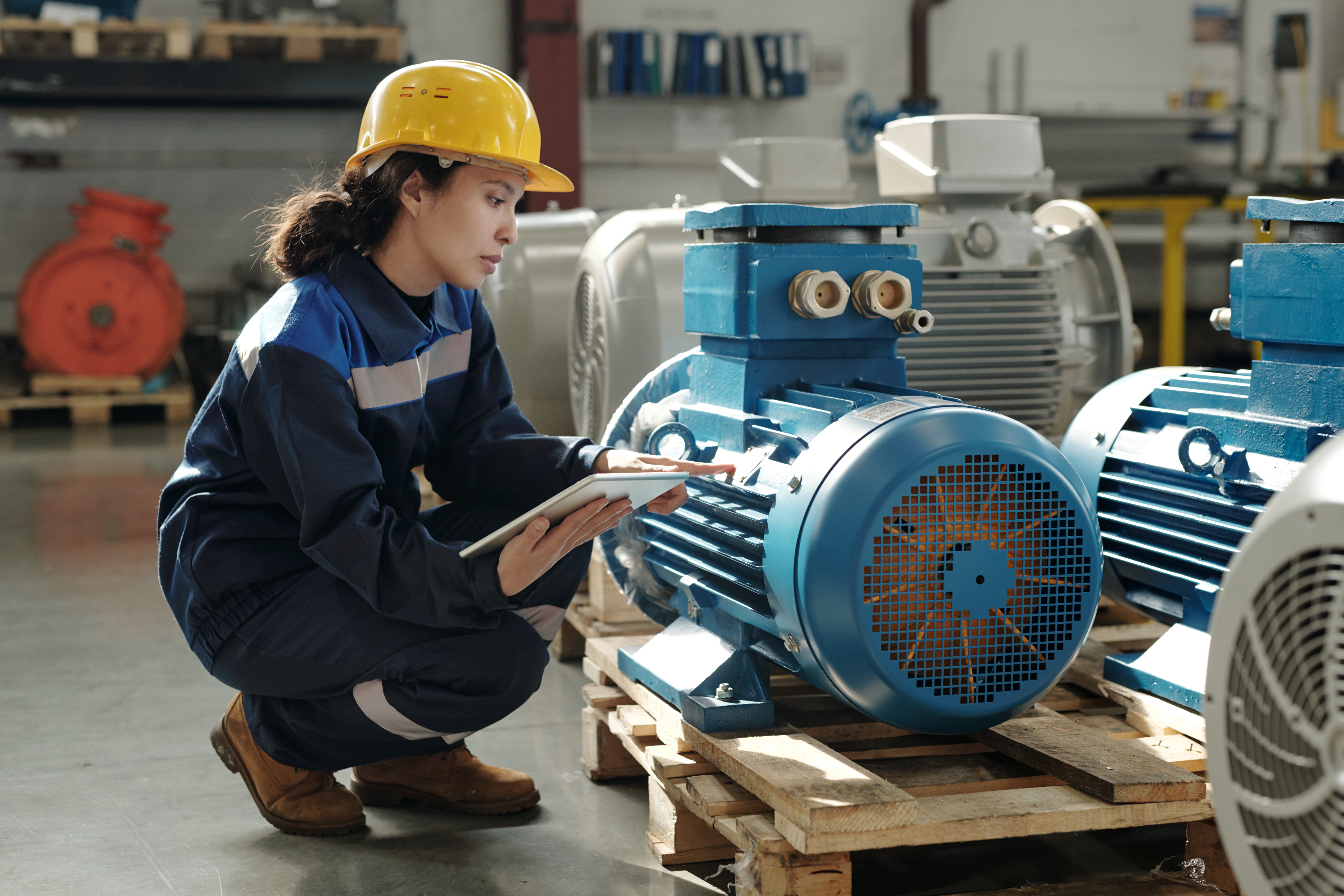Factors To Consider When Choosing an Industrial Screw Compressor
When investing in an industrial sector, it is crucial to use efficient and reliable machines. One such vital machine is the screw compressor. Choosing the right make and model of an industrial screw compressor can make a significant difference in productivity and operating costs. Below, we’ll discuss the factors you need to look into when picking an ideal screw compressor.
Understanding the Basics of Industrial Screw Compressors
A compressor is a mechanical device used to increase the pressure of a gas by reducing its volume. It works on the principles of thermodynamics by converting energy from a power source into potential energy stored in compressed air.
The screw compressor, also called a rotary compressor, uses two synchronized rotors to trap air in the space between them. It then decreases the volume of the trapped air to increase its pressure.
In Industrial screw compressors, a cooling system is generally installed to prevent overheating. A lubricant is also usually present to aid in sealing and cooling functions.
Understanding these basics can assist you in distinguishing between various models and makes, facilitating a more informed purchasing decision.
Key Factors To Consider in Industrial Screw Compressors

One of the most crucial factors to consider while purchasing a screw compressor is its power and capacity. The electrical power and capacity of the compressor should align with your industry’s requirements regarding pressure and air volume.
Quality also plays a pivotal role. A high-quality compressor is typically made of robust, durable materials, offers excellent performance, and has a longer lifespan. Ensure the compressor you choose fulfills quality standards and comes with a warranty.
The machine’s maintenance requirements are another aspect to consider. Compressors with minimal maintenance needs can save time, effort, and costs, as well as enhance the overall efficiency of your operations.
Lastly, consider the noise levels. As screw compressors are used in industrial settings, you should select a model that keeps the noise levels to a minimum to offer a conducive working environment.
The Role of Power and Capacity in Screw Compressors
The power and capacity of screw compressors are important as they determine the performance capabilities of the machine. The power and capacity should match the applications for which the compressor will be used.
A more powerful compressor with a higher capacity can handle more demanding tasks, making it suitable for larger-scale industries. However, it also means higher energy consumption and increased operating costs. As such, it’s essential to strike the right balance between power, capacity, and your specific requirements.
Remember, a powerful, high-capacity compressor doesn’t necessarily mean it’s the best for your industry. It might have power wastage issues if your applications require less power and capacity. So, choose wisely.
The capacity should also match the air demand. A compressor with an excessive capacity in comparison to your needs not only wastes energy but also puts undue strain on the machine, shortening its lifespan.
Why Reliability and Sustainability Matters in Industrial Facilities

An efficient compressor is a significant investment. Therefore, its reliability plays a vital role in your decision-making process. Not only does a reliable machine help in ensuring smooth operations but also reduces the downtime associated with failures and repairs.
Sustainability is another important consideration. A compressor that operates efficiently, using minimal energy, contributes significantly to environmental conservation. This factor reduces operating costs and meets the increasing global demand for eco-friendly practices in industries.
Choose a model that scores high on reliability, and sustainability and can guarantee a decent return on investment over time. It can also positively reflect on your company’s reputation by highlighting your commitment to sustainable industrial practices.
Altogether, choosing appropriate industrial equipment involves careful consideration of several factors. Being well-informed about their functionality and making mindful decisions can ensure the productivity and efficiency of your operations, along with contributing to the environment.



















